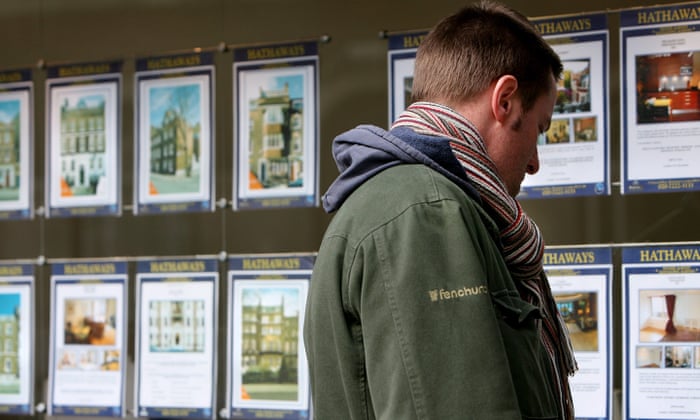Q Iíve recently turned 20 years old and Iíve taken a year out from my degree course to get some industry experience, and Iíve also been saving up. I havenít got enough to invest in an amazing property, but I do think my savings will go some way in helping me get my foot on the ladder.
Iíve always wanted to get into property development as something which I would do on top of the job I hope to have after I graduate.
Iíd quite like to start right now but Iím not sure how likely I am to get a mortgage at my age and as a student. I donít know whether I should wait until Iíve graduated and got a well-paying job.
Iíve had a look at some properties and I think Iíve found a few that look promising. Iíd probably go for a buy-to-let so I have a constant income Ė but how much of this do I actually get after tax?
Do I have to have some sort of experience as a landlord before Iím likely to be lent money? How would I go about getting a mortgage: are there different types? Iíve tried researching this but I still donít know if Iím deemed as Ďtoo youngí to start in the property market. HK
A The building opposite me is owned by a landlord who used his student loan to put down the deposit on the first of his now multiple buy-to-let properties. That was about 10 years ago, when lending rules were less strict but, in theory, a student is as eligible to take out a buy-to-let mortgage as anyone else. Nor is age a barrier (unless youíre in your 70s or 80s) as most buy-to-let mortgages are available to 18-year-olds.
You choice may be more limited than that of other buyers. Some lenders wonít accept applications from people aged under 21 or 25. The fact that you donít already have a mortgage on another property is also a bit of a no-no for some but there are around 20 lenders (out of the 76 listed by Moneyfacts) who will look at applications from first-time buy-to-let buyers.
Whether any application is successful will depend on whether the figures add up. The first stumbling block is the size of the deposit you are able to put down on a property. Unless it is at least 25% of the lenderís valuation of the property, it wonít be impossible to get a buy-to-let mortgage but your choice of lenders will be limited to two. For those two, youíll need a deposit of 20%.
Then thereís the question of rental income. While a handful of lenders look at both earned and rental income, the majority base their lending decision on rental income only. The catch is that most lenders expect the rental income you get from the property to cover the monthly mortgage repayments by 125%. So, if your mortgage costs £1,000 a month, the monthly rent will have to be £1,250. However, new lending rules and tax changes due to come into force from 2017 will push up this ďrental coverageĒ rate to 145%.
Even if you managed to get a mortgage, buy a property and find a tenant, how much money you make from your investment depends on all your other costs. To answer your specific question, what you actually get is whatever your tenant(s) pay you. But youíll have to use that money to pay the mortgage, fund the various insurances you need to buy and pay for the necessary safety tests, as well as the cost of any maintenance work at the property. You will also have to pay tax on your rental income.
At the moment, you can deduct the costs mentioned from the rental income before arriving at the amount that is taxable. So, if you receive £15,000 a year (£1,250 a month) but spend, say, £12,000 on mortgage interest and £1,000 on other stuff connected to the property, you would pay tax on only £2,000. However, from April 2017, a new system is being phased in which, by 2021, will mean that you can deduct only 20% of the cost of mortgage interest. Using the same example as before, this would mean being taxed on £11,600 of the rental income rather than £2,000. This significant change to the taxation of rental income has caused the National Landlords Association to forecast that in 2017 around half a million buy-to-let flats will be put up for sale.Of course, while you are a student and/or in the process of finding a post-graduate job Ė and so probably not earning enough to pay tax Ė you wonít have to worry about a tax bill, although you will still have to report your rental income to HM Revenue & Customs.


